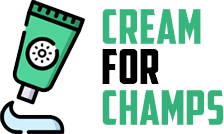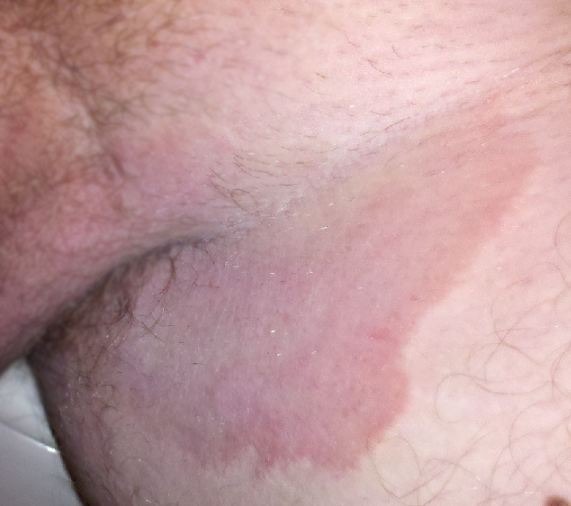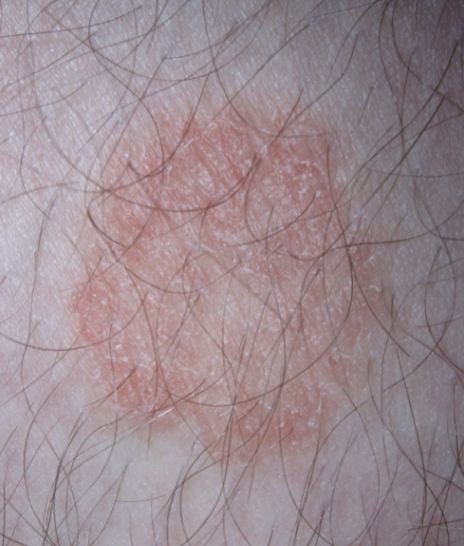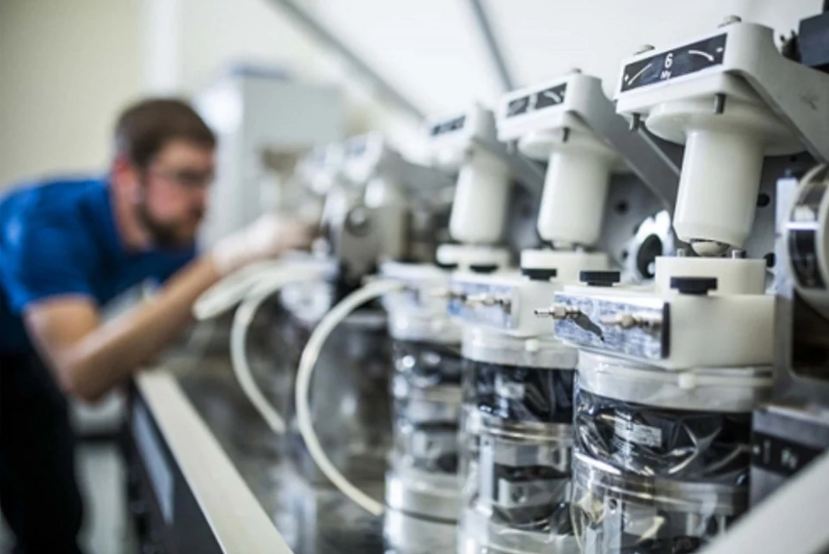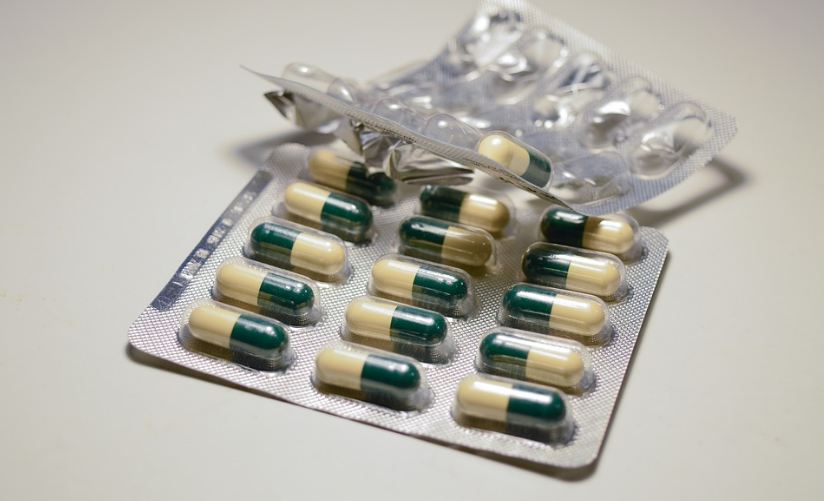What is Jock Itch?
Jock itch is a fungal infection also known as tinea cruris. It’s part of the tinea group of fungal skin illnesses. Jock itch, like other tinea diseases, is caused by dermatophytes, which are mold-like fungi. These minute fungi live on the skin, hair, and nails.
Its name comes from the fact that it is a widespread ailment among male players. Other names for the condition include “jock rot,” “dhobi itch,” “crotch itch,” “scrot rot,” “gym itch,” “ringworm of the groin,” and “eczema marginatum.”
Symptoms of Jock Itch
Jock itch isn’t a common infection. The symptoms of jock itch get found on groins and inner thighs. It can spread to the abdomen and buttocks, but it seldom affects the scrotum.
The symptoms of jock itch include:
- Redness
- Inflammation
- Itching
- Having a burning sensation
- Skin problems: flaking, peeling, and cracking
- Extreme rashes
- Color changes
- With over-the-counter hydrocortisone (anti-itch) cream, a rash does not improve, worsens, or spreads.
Causes of Jock Itch
Dermatophytes, a type of fungus, are a cause of jock itch. Dermatophytes dwell on your skin and can always be detected. However, due to prolonged exposure to moisture, the fungi can quickly spread after exercising.
The increased growth of Dermatophytes in the groin area is one of the causes of jock itch. Did you know jock itch is a highly contagious fungus? Yes, you can get a fungal infection by coming into close contact with an infected individual or touching their soiled clothing.
The phrase “jock itch” may convey the impression that the virus primarily affects athletes. However, it can affect anyone.
One of the most common causes of jock itch is sweating in the folds of the skin.
Moreover, those who are overweight are more likely to develop jock itch. It’s critical to wash your groin and armpit areas with soap and water daily as a preventative step. Prolonged exposure to wetness and friction from clothing is also a cause of jock itch.
Diagnosis of Jock Itch
A physical exam and inspection of the affected area will most likely be enough for your doctor to diagnose the jock itch.
In rare situations, your doctor might scrape skin cells to diagnose the jock itch. Other skin conditions, such as psoriasis, may be ruled out as well.
Treatment of Jock Itch
In most circumstances, the treatment of jock itch is completed at home. People use home remedies to get rid of the illness.
Try the following remedies, as a treatment of Jock Itch:
- To treat the infected region, use an over-the-counter antifungal cream, powder, or spray.
- Using soap and warm water, thoroughly clean the affected area.
- After showering and exercising, properly dry the afflicted region.
- Every day, change your clothes and underwear.
- Wear loose cotton apparel.
- Treat other fungal infections.
When Should I See My Doctor?
Consulting a doctor should be your concern if you witness any symptoms of Jock itch. You may have got a secondary infection that needs to get treated right away.
If you haven’t been able to get rid of it with over-the-counter or home remedies, your doctor may prescribe something better. Medications that might get recommended include:
1. Topical Medications
A topical medication gets applied to a specific spot on or inside the body. Topical medications refer to the drugs that get applied to body surfaces such as the skin or mucous membranes in the form of creams, foams, gels, lotions, and ointments. The following topical medications get referred for the treatment of jock Itch:
- econazole (Ecoza)
- oxiconazole (Oxistat)
2. Oral Medications:
Oral medication refers to the process of administering a drug through the mouth. P.O. is a term, which exists used to indicate that the following medics are for oral use. The following are the medics to use for oral medications:
- itraconazole (Sporanox)
- fluconazole (Diflucan)
Antifungal drugs taken orally can have unpleasant side effects like stomach upset and headaches. Make an appointment with your doctor if you encounter any of these adverse effects.
Prevention of Jock Itch
The best prevention of jock itch is to maintain good hygiene. Hand cleaning can dramatically lower your chances of contracting this virus from another person.
It’s also crucial to keep your skin clean and dry, particularly around your groin area. After bathing, wash the region with soap regularly and thoroughly dry it. Applying the baby powder to your groin area might also assist dampness at bay.
Prevent wearing tight-fitting clothing, as this might aggravate jock itch. Tight clothing might irritate or chafe your skin, making you more vulnerable. Buying boxer shorts are a must for the prevention of jock itch.
In hot or humid weather, loose-fitting clothes are good. Loose-fitting clothing prevents sweating in humid and moist environments. After each use, make sure to wash any training clothes or athletic supporters.
Another infection caused by the same fungus that causes jock itch is the athlete’s foot. If you have an athlete’s foot, get it treated as soon as possible.
Bottom Line
Although annoying and inconvenient, jock itch is usually not a fatal condition. All it requires is to have the groin area clean and dry to avoid Jock Itch. Furthermore, applying topical antifungal drugs to the affected skin might be a part of your treatment.
We recommend checking out Tips to reduce skin inflammation.
